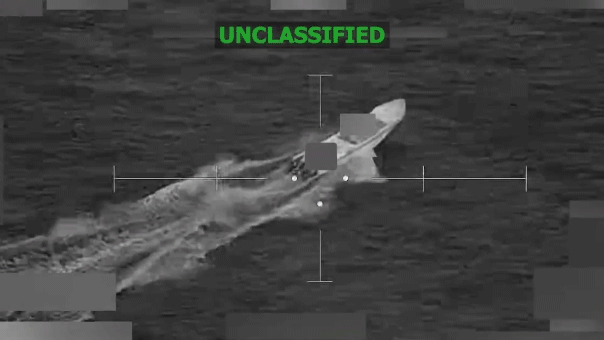The U.S. is on track to reduce the number of U.S. troops in Afghanistan this year as part of a planned drawdown, President Obama said Tuesday as questions arose about speeding up a timeline for withdrawal that is already scheduled to be completed by the end of 2014.
"We have a strategy that will allow us to responsibly wind down this war. We're steadily transitioning to the Afghans who are moving into the lead and that's going to allow us to bring our troops home. Already we're schedule to remove 23,000 troops by the end of this summer following the 10,000 that we withdrew last year."
As many as 23,000 troops who were part of the 2009 surge in Afghanistan are supposed to come home this fall, though Defense Secretary Leon Panetta said Tuesday he was awaiting plans from Gen. John Allen, the top commander in Afghanistan, on the strategy.
The troops were already scheduled to come out by the end of September, as required by Obama, but Panetta an exact schedule hasn't been determined yet.
"What I am awaiting are General Allen's plans with regards to taking down the remaining 23,000 from the surge," Panetta said. "And, we'll review those plans."
Currently 90,000 U.S. troops are in Afghanistan. Panetta, speaking to reporters on the plane traveling to Bishkek, Kyrgyzstan, said that despite recent setbacks, including the burning of Korans by U.S. soldiers and the massacre of 16 Afghan civilians, allegedly by a U.S. soldier, the withdrawal is on schedule to wrap by 2014.
Panetta made clear that the plans are not part of an accelerated effort to get out of Afghanistan despite reports that the U.S. may be considering moving up its timeline after the weekend shooting incident in which a 38-year-old Army staff sergeant is accused of murdering Afghan civilians while they slept.
"It is important that, all of us, United States, Afghanistan, the (International Security Assistance Force) forces all stick to the strategy that we've laid out," he said. "War is hell, these kind of events and incidents are going to take place. They've taken place in any war, they're terrible events. This is not the first of those events, and they probably won't be the last."
According to Tuesday's New York Times, U.S. officials are weighing at least three options for an accelerated drawdown, including bringing home at least 10,000 more troops by the end of December, and then 10,000 to 20,000 more by June 2013.
The Times reported that Obama plans to announce a change in direction for the U.S. in Afghanistan at a meeting of NATO members in Chicago in May. That would possibly include pulling American troops out of the lead combat role to a supporting mission focused on counterterrorism and training Afghan security forces.
Obama said his meeting with British Prime Minister David Cameron -- who is set to arrive Tuesday -- will discuss in part preparations for the May NATO meeting.
"We'll have an opportunity to consult about the way forward as we prepare for the NATO summit in Chicago later this spring," he said.
Pentagon spokesman George Little said the pending analysis on withdrawal scenarios isn't yet complete, and added "it's premature to speculate on any drawdowns beyond those associated with U.S. surge forces in Afghanistan."
Another spokesman, Capt. John Kirby, told reporters that Allen is "focusing on the operations at hand," adding, "there is no pressure being put upon the Pentagon or ISAF staff to come up with force level options or recommendations past September 2012."
Allen said he has received no orders on specific troop withdrawals beyond September except to say there will be a "steady pace" of withdrawals between now and the end of 2014, when Afghan forces are to be fully in charge of the country's security.
Panetta said he understands "questions are going to be raised as a result of going though these difficult events of these past few weeks, particularly of what just happened."
"We've been through a series of challenging events over these last few weeks, in Afghanistan and as I told President (Hamid) Karzai when I talked to him, we seem to get tested almost every other day with challenges that test our leadership and commitment to the mission that we're involved in."
But John Bolton, a former U.S. ambassador to the U.N. under President George W. Bush, said any premature plans for a pullout will have "an enormously negative impact on our troops' morale."
He added the latest events are not an argument for cutting and running
"Let's remember, we're not in Afghanistan to make it a nicer place to live for the Afghans. Maybe some people think that's the right strategy. We're in there for American interests, not for Afghan interests," Bolton told Fox News.
"And the fact that the Afghan security forces are not as reliable as they should be, the fact that they're not taking a heavier burden, doesn't lessen our national strategic interest there. ... But are we to say well because they're not up to our standards we're just going to abandon our strategic interests entirely? That argument is just fundamentally illogical."

























